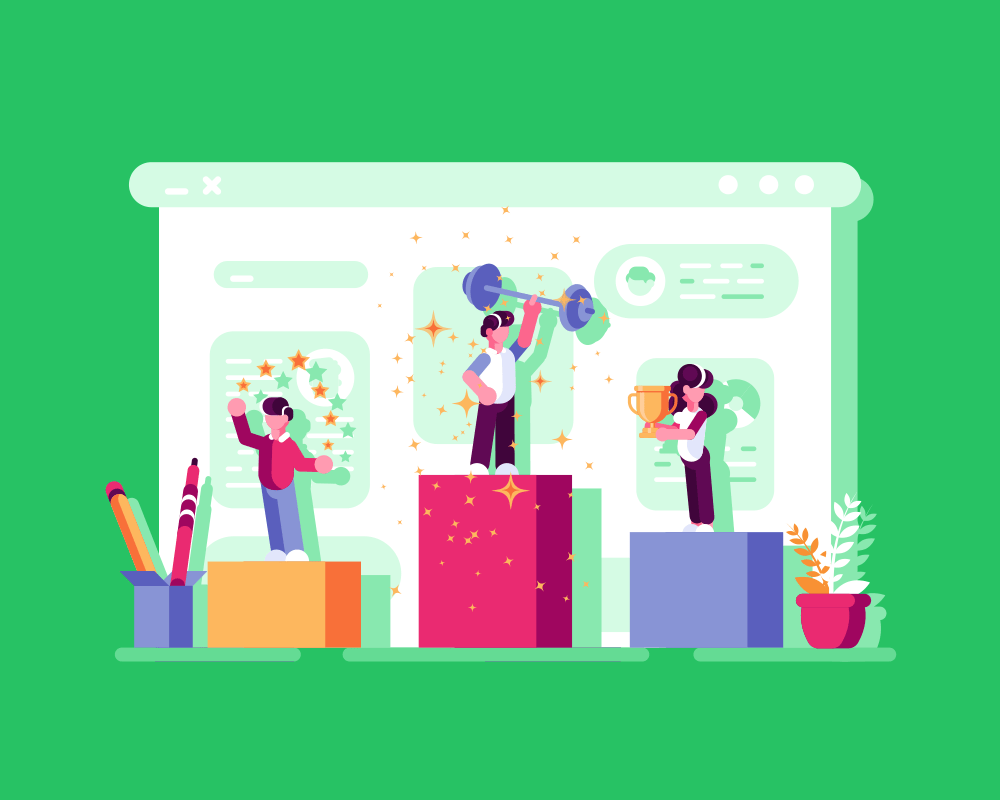Introduction
From bus times on your phone to ambulance routes, data and information shape everyday life.
They help plan services, improve products, and support people as they make choices about health, money, and study.
At the same time, they can create problems, like data overload, misinformation, or unfair use.
In this lesson, we’ll learn about:
- The benefits and limitations of the use of data and information to organisations and individuals
- How data and information is used in society
- The positive and negative impacts of data and information on society

Benefits of Data & Information to Organisations
Organisations use data and information to improve decisions and performance.
Businesses analyse customer data to find out what products are popular.
Schools look at exam data to improve teaching methods.
Hospitals study patient records to find health risks and provide better treatments.
Information makes it easier to spot problems, identify opportunities, and plan for the future.
Reliable data also helps reduce risks, since organisations can predict challenges and prepare for them.
Overall, using data and information helps organisations grow and stay competitive.
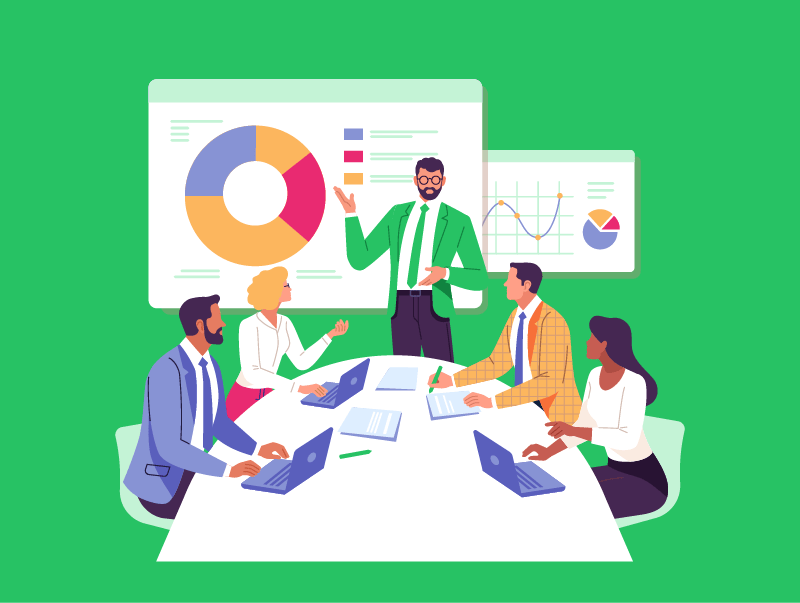
Limitations of Data & Information to Organisations
Even though data and information are helpful, they have downsides.
Collecting and processing data takes time and money.
If the data is wrong or incomplete, it can cause poor decisions.
For example, a company using old customer data might release a product no one wants.
Too much data can also overwhelm people, making it hard to focus on what matters.
Not all information is neutral. Sometimes it is biased, depending on who created it.
These issues show why organisations need to carefully check and manage their data.
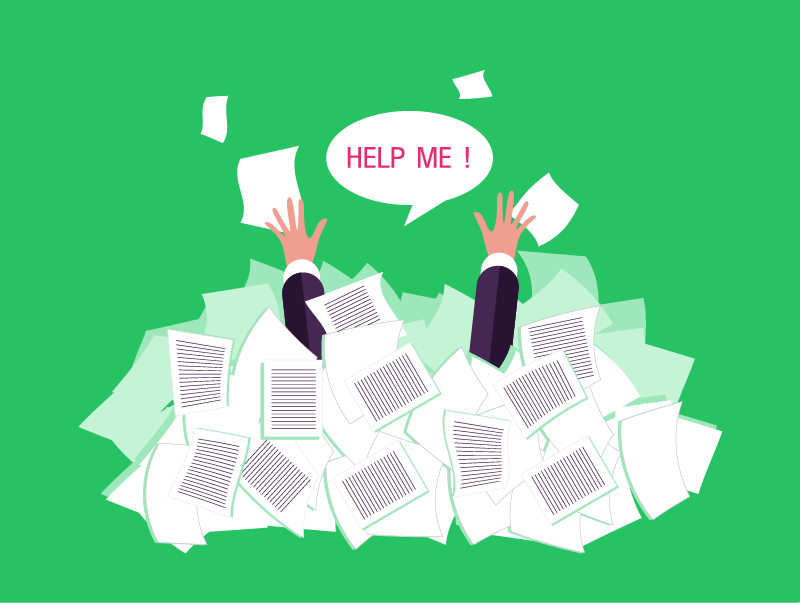
Benefits of Data & Information to Individuals
Data and information also help individuals make better choices.
Fitness apps track steps, heart rate, and sleep, turning the data into useful health information.
Online reviews and comparison sites give information that helps people choose the best product.
Students use test results to guide how they revise.
Having access to good information allows people to make smarter choices in many areas of life, such as health, money, or education.
In short, information gives individuals more control and confidence when making decisions.
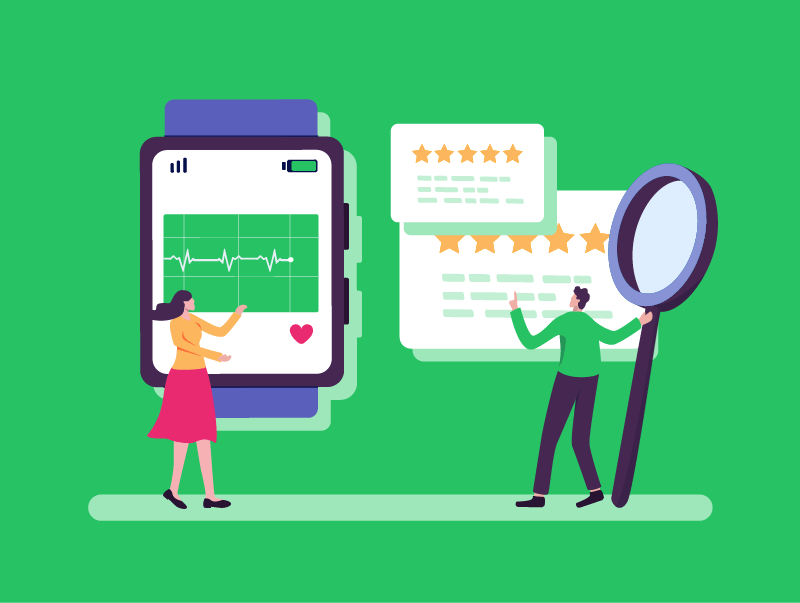
Limitations of Data & Information to Individuals
Individuals also face challenges with data and information.
Too much information at once can lead to “information overload,” leaving people confused.
Some information is misleading or false, such as fake reviews or social media rumours.
Privacy is another concern. Many people don’t know how much of their personal data is collected and shared.
For example, social media accounts often use data in ways users don’t expect.
Some people also struggle to understand complex information, which limits how much they can benefit from it.
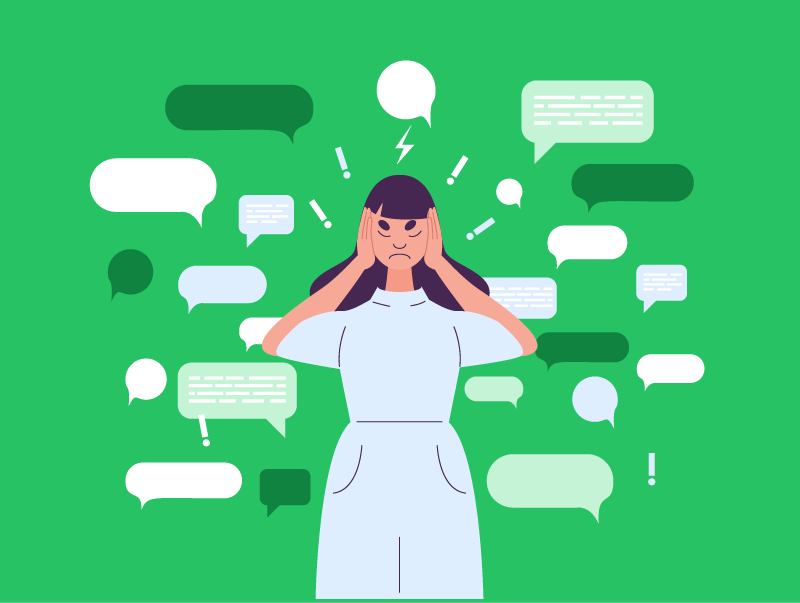
Data & Information in Society
Data and information are vital for society to function well.
Governments use them to plan hospitals, schools, and transport.
Charities use information to direct their support to the right people.
Businesses share data to innovate and improve products.
On a daily level, maps, online banking, and weather forecasts all rely on processed data.
Without data and information, modern life would be far less organised.
Together, they support individual wellbeing, community needs, and national development.
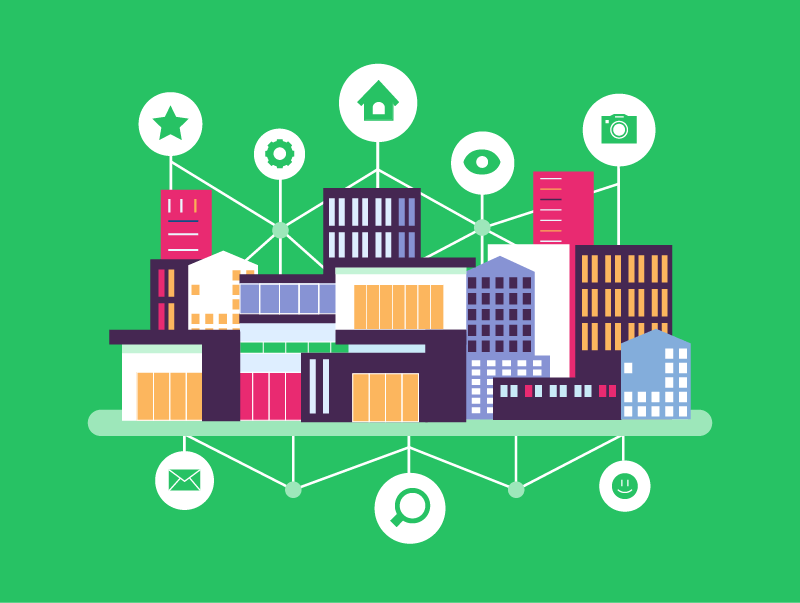
Positive Impacts of Data & Information in Society
Data and information bring many positive outcomes.
They drive new discoveries in science and medicine.
For example, during the COVID-19 pandemic, shared data helped create vaccines quickly.
Education has also benefited, with online learning making study materials available worldwide.
Governments use data to improve public services like transport and waste collection.
Information also strengthens democracy, giving citizens the knowledge needed to make informed choices.
Used responsibly, data and information support progress, raise living standards, and promote global cooperation.
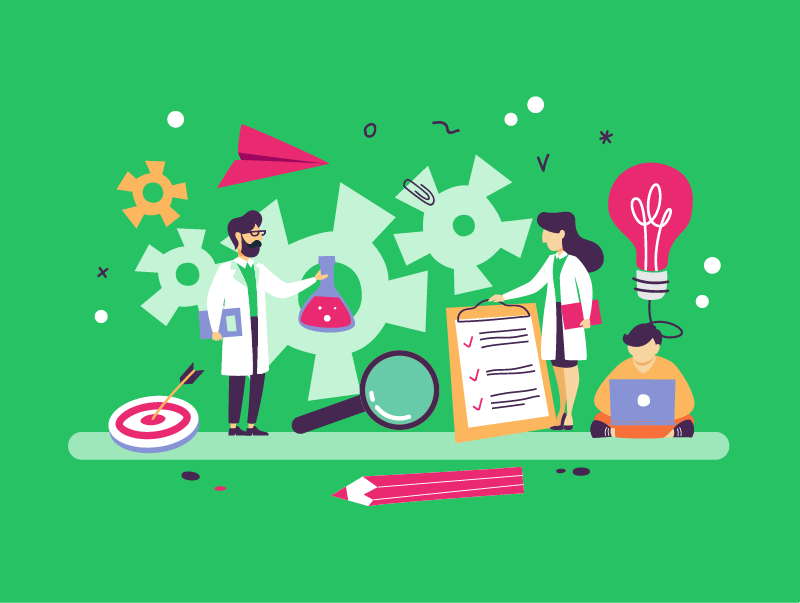
Negative Consequences of Data & Information in Society
There are also negative sides when data and information are misused.
Privacy can be violated when personal data is collected without consent.
Cybercrime, such as hacking and identity theft, is a major risk in a data-driven world.
Misinformation and fake news spread quickly online, influencing opinions and sometimes causing harm.
Relying too much on automated systems can reduce human judgement.
Unequal access to reliable information can also widen social gaps.
These risks show why it is important to use data and information responsibly and ethically.

Lesson Summary
For organisations, data and information help people make better decisions and work more efficiently, but collecting good data can be costly and bad or biased data can cause mistakes.
For individuals, they support smarter choices about health, money, and study, yet they can also cause overload, confusion, and raise privacy worries.
For society, shared data helps plan services like transport, healthcare, and education.
Used well, data and information boost innovation, improve public services, and help people take part in democracy with better facts.
Used badly, they spread misinformation, allow unfair profiling, fuel cybercrime, and can widen inequality.
